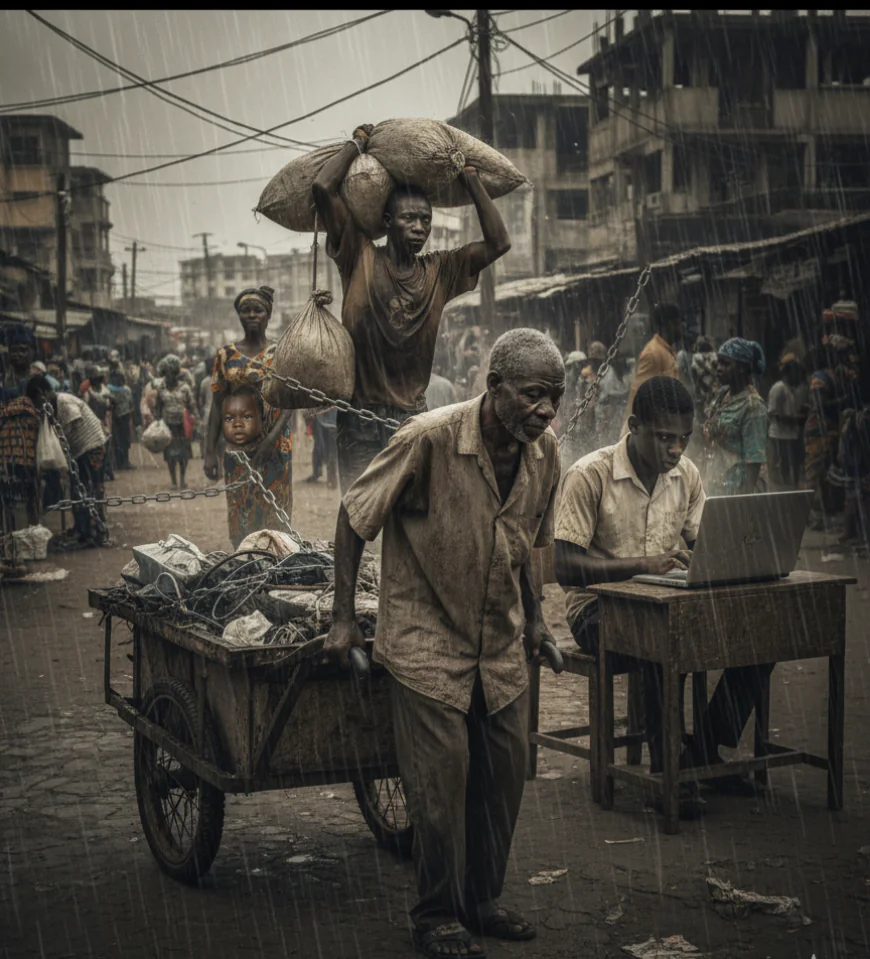A Safer Path Forward: Reforming Ghana’s System for the ordinary Citizen
The tragic stampede during the recent Ghana Armed Forces recruitment exercise, which claimed six lives and left many injured, highlights the systemic pressures ordinary Ghanaians face throughout life. Limited opportunities, poor planning, and lack of support drive citizens toward high-risk paths. To prevent such tragedies, Ghana must strengthen healthcare and education, diversify employment pathways, improve public-service safety, and include citizens in decision-making. By transforming systemic pressure into empowerment, every Ghanaian can thrive safely from birth to old age.

From birth until the final chapter of life, the average Ghanaian often grapples with structures meant to uplift but too frequently impose burden. The recent tragedy during the Ghana Armed Forces (GAF) recruitment exercise at El‑Wak Sports Stadium, where six young applicants lost their lives and many more were injured, shines a glaring spotlight on how systemic pressure can become deadly.
A Moment of Tragedy, a Lifetime of Pressure
On 12 November 2025, what should have been a hopeful opportunity for young Ghanaians turned into a disaster. The recruitment gates were breached, triggering a fatal stampede. Many victims were women. This incident is not only about inadequate crowd control—it reflects a deeper problem: too many citizens feel they have no route to progress except through high-risk channels. They are driven toward mass recruitment events, long queues, and freezing hours because the system offers few alternatives.
Why the System Fails the Ordinary Ghanaian
• Limited opportunity and job scarcity. When stable employment is scarce, large numbers of young people gravitate toward government or security-sector openings, creating dangerous bottlenecks.
• Poor institutional planning. Technical problems, lack of clear communication, and inadequate crowd-control measures make events risky.
• Unequal access & desperation. The fact that so many showed up extremely early underscores the desperation that underlies the moment.
• Lack of systemic support across life stages. From healthcare to education to employment to old-age support, the system often asks individuals to fend for themselves or risk everything for one chance.
What the Future Should Look Like
We must transform pressure into possibility.
Strengthen foundational services. Every Ghanaian should have access to quality healthcare and education. When this is in place, individuals are less likely to be driven toward precarious paths.
Diversify employment and streamline recruitments. Instead of funneling masses into a single recruitment event, there should be staggered batches of applicants via scheduling, transparent criteria, and alternative pathways for talented youth, such as entrepreneurship, vocational training, and the digital economy.
Enhance public-service safety and processes. The recruitment stampede reminds us how essential safety, logistics, and planning are in public processes. Any event involving thousands must include crowd-control, medical standby, and clear communication.
Create a culture of citizen voice and inclusion. Institutional reforms alone are not enough. Ordinary Ghanaians must participate in decision-making about recruitment systems, education policy, job creation, and public service design. When people feel they are part of the system, the system begins to serve them rather than squeeze them.
A Call to Action
Policymakers must revise recruitment mechanisms now—not later. Investigations into the El‑Wak tragedy are necessary, but so is immediate reform of how events are organised and how opportunities are created. Civil society should demand transparency, push for accountability, and amplify the voices of those who feel the system’s weight. Every Ghanaian should share their story, join the conversation, and hold institutions accountable.
No Ghanaian should face a life sentence of anxiety, risk, and struggle. From the first day to the last, our system must empower—not endanger.


